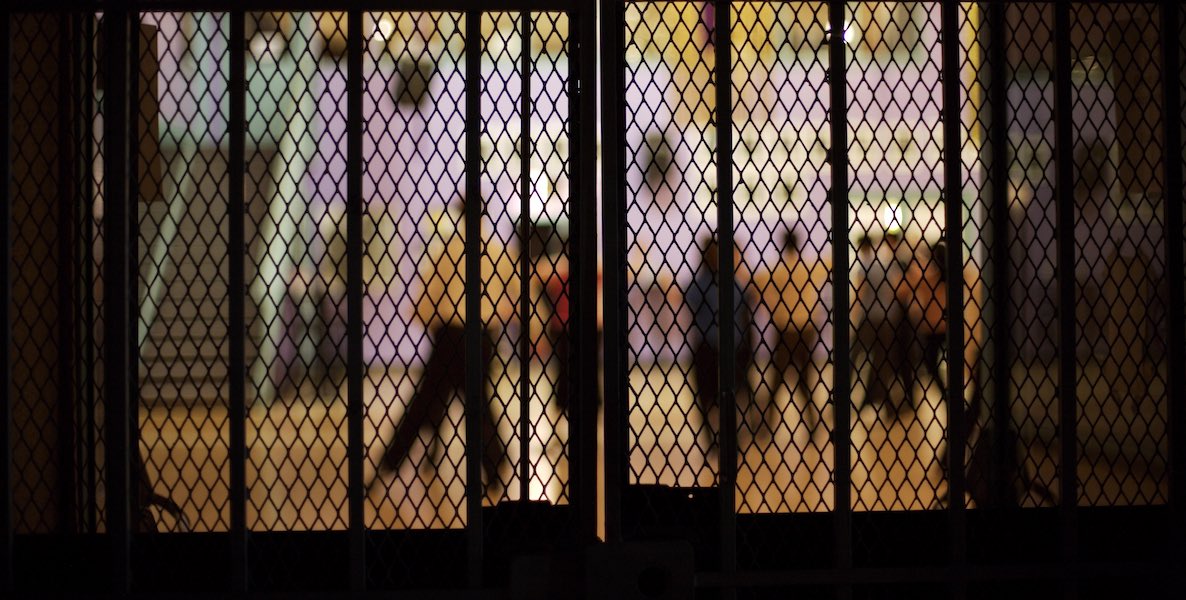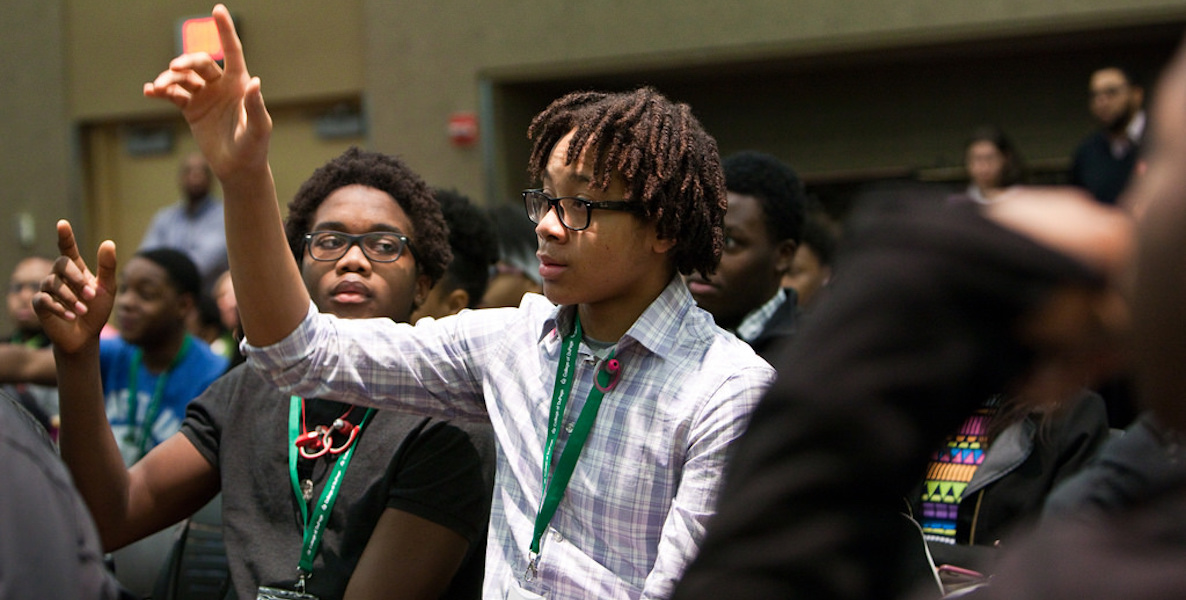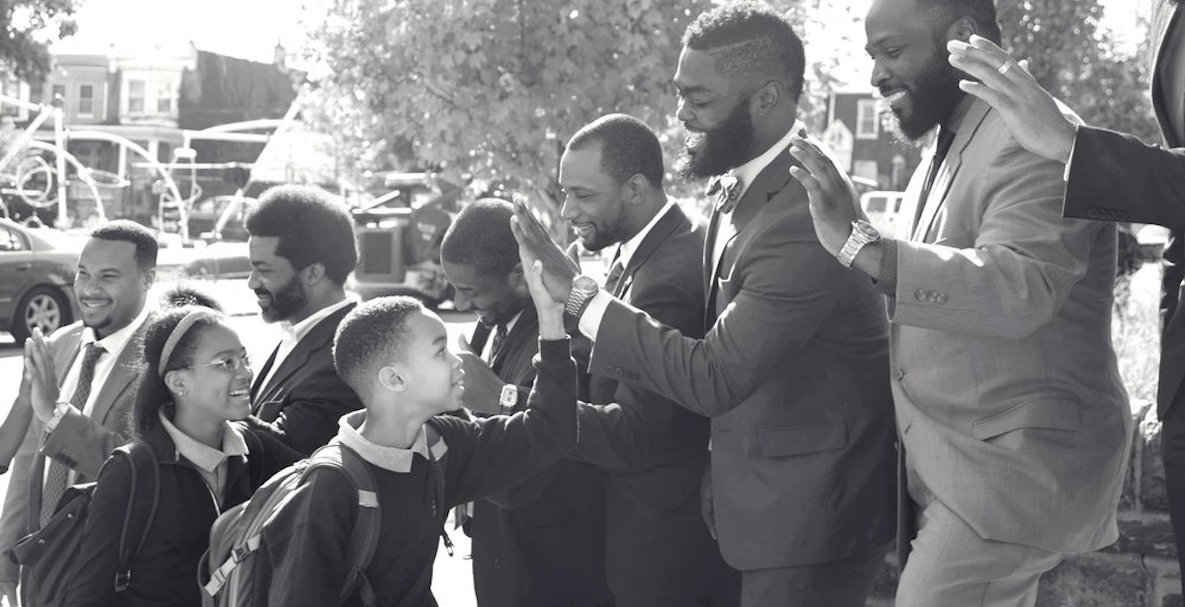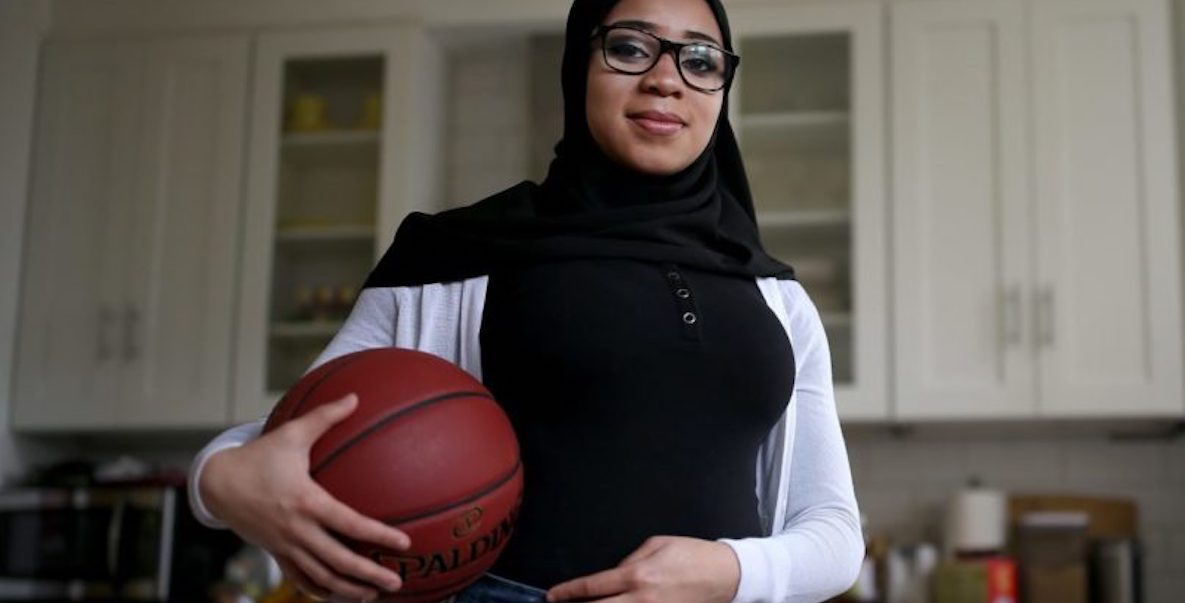There is no doubt that global warming is contributing to a plethora of issues impacting human beings; one of which is how vulnerable communities recover and mitigate flooding. The recent Climate Strike highlights these issues but also provides an excellent opportunity to reflect on environmental injustice and consider the need to build civic capacity in local communities.
It is important to distinguish between the broad middle-class issues associated ![]() with environmentalism and local place-based issues. While there are legislative tools to promote preservation and conservation, environmental justice advocates are usually fighting against immediate threats to quality of life without the benefit of laws.
with environmentalism and local place-based issues. While there are legislative tools to promote preservation and conservation, environmental justice advocates are usually fighting against immediate threats to quality of life without the benefit of laws.
Although communities have been fighting against environmental injustices since the 1982 landmark case in Warren County North Carolina, aside from an executive order signed by President Clinton in 1999, no law has emerged to protect communities from bearing a “disproportionate share of the negative environmental consequences resulting from industrial, municipal and commercial operations.”
Subsequently, communities must mobilize.
Environmental hazards are a part of many landscapes and it is an issue with which humans must contend. However, because there is an uneven distribution of hazards, not all populations have the same exposure nor suffer the same impact.
The Philadelphia Federation of Teachers is fighting for its constituents, teachers. But who will fight for the children?
There are inequities in how people become exposed to risk, resulting from settlement patterns which are often related to social and economic factors that impact particular locational criteria resulting in what Susan Cutter describes as a “landscape of risk.” Social and economic factors impact how risk is managed and lack of mitigation or remediation can be analyzed as an environmental justice issue.
![]() As revealed in the 2018 Toxic City Philadelphia Inquirer series, children in some Philadelphia public schools are not only receiving an inferior education when compared with their peers in neighboring districts, but they are also being exposed to environmental hazards that could potentially have lifelong impacts. Though one could argue that this is a result of an aging school infrastructure; one has to consider why this issue has persisted. Parents complained, teachers complained, administrators submitted work orders, yet it took journalists to move the needle towards state support and now the Philadelphia Federation of Teachers is fighting for its constituents, teachers.
As revealed in the 2018 Toxic City Philadelphia Inquirer series, children in some Philadelphia public schools are not only receiving an inferior education when compared with their peers in neighboring districts, but they are also being exposed to environmental hazards that could potentially have lifelong impacts. Though one could argue that this is a result of an aging school infrastructure; one has to consider why this issue has persisted. Parents complained, teachers complained, administrators submitted work orders, yet it took journalists to move the needle towards state support and now the Philadelphia Federation of Teachers is fighting for its constituents, teachers.
But, who will fight for the children?
All of the instructional standards modifications and school climate policies seem to hold students responsible for the failings of schools, when in fact the adults are to blame, particularly for overlooking a glaringly obvious contributor to low performance—sick buildings.
The summer was the opportunity to make this right; when will remediation begin in all schools? Money can’t possibly be the issue; the federal government has demonstrated how easy it is to shift money earmarked for one purpose, i.e. flood recovery to another, border wall; it’s really all about priorities and political will. It will be difficult to secure funds from a state assembly that cut general assistance, but this just highlights the need for engagement beyond social media.
We need lobbying, petitions, voter drives, and other actions that not only get our voices heard but actually counterbalance the power amassed by gerrymandering efforts.
There is so much riding on the 2020 Census and upcoming state and local elections, but what do we do now when children are exposed to toxins for the bulk of their waking hours? Perhaps parents, most of whom are Black and Brown, should strike to demand an environment conducive to learning for our children.
Katera Moore is the Director of the Agatston Urban Nutrition Initiative at the University of Pennsylvania’s Netter Center for Community Partnerships, and a former teacher at Mastery Charter School-Shoemaker Campus. This piece originally ran in Philly’s 7th Ward.








